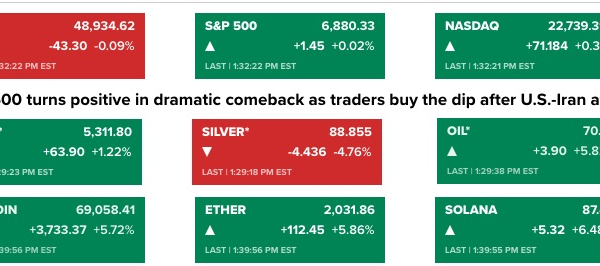The price of Bitcoin has plunged to its lowest point since April, reaching a seven-month low on Monday morning as traders opted to sell off the leading cryptocurrency. Currently, Bitcoin stands at $U93,043 ($142,362), marking a 9 percent decline over the past week.
This downturn follows a week-long trend of selling, influenced significantly by concerns surrounding the United States Federal Reserve”s upcoming monetary policy meeting on December 10. Market participants had previously anticipated a rate cut, but uncertainty now looms, prompting fears and subsequent selling pressure. Cameron Gleeson, a senior investment strategist at Betashares, commented, “People thought the US Fed cutting (rates in December) was a foregone conclusion, but now it”s unclear, so that”s prompted some selling.” He also noted a general risk-off sentiment permeating the broader financial market.
Despite this recent drop, Bitcoin is still up approximately 30 percent since President Trump”s election victory on November 5, 2024. His administration has been viewed as pro-cryptocurrency, facilitating deregulation in the sector, potentially due to the family”s financial interests in cryptocurrencies. However, the recent market environment has seen record outflows, with $US2.8 billion exiting exchange-traded funds (ETFs) in the past week alone. Rachel Lucas, a strategist at BTC Markets, highlighted that the flagship ETF product from investment giant Blackrock experienced its largest single-day outflow.
Moreover, Bitcoin”s price has fallen below crucial technical levels tied to its moving averages. This situation has triggered algorithmic trading systems to execute further sales. Lucas remarked, “It”s a perfect storm of institutional outflows and technical stress.” The current macroeconomic conditions, characterized by persistent inflation and delays in potential rate cuts, are not providing any relief either.
Other cryptocurrencies, including Ethereum, Solana, and XRP, have also seen declines over the past week, following Bitcoin”s lead. Lucas pointed out that Bitcoin often dictates market movements, with altcoins frequently trailing in its wake. Historically, Bitcoin has mirrored the fluctuations of Wall Street, which remained flat as of Monday morning.















































































